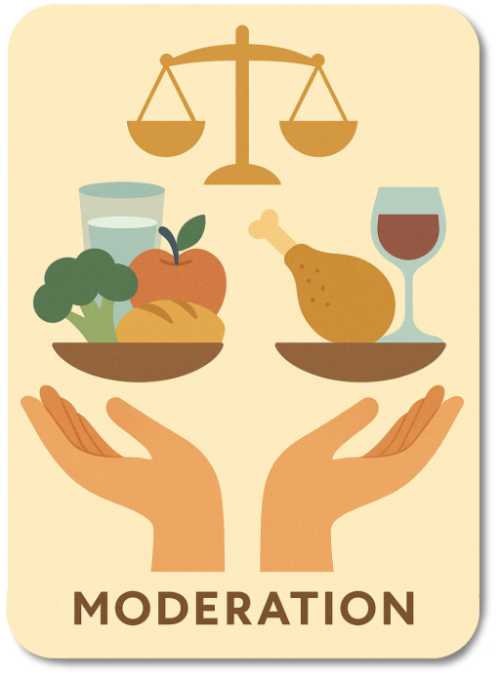Heart Disease:
A Western Crisis Meets Eastern Wisdom
Heart disease is the leading cause of death in the United States, responsible for about one in every five deaths. It’s a broad category that includes conditions such as coronary artery disease, heart failure, arrhythmia, and valve problems. Most people know about cholesterol, blood pressure, and clogged arteries—but few realize that Traditional Chinese Medicine (TCM) offers its own deep understanding of the heart and how to keep it healthy.
❤️ Did You Know?
- Heart disease is the leading cause of death worldwide—but most cases are preventable.
- In Traditional Chinese Medicine (TCM), the xīn (心) or Heart not only governs the blood and vessels but also houses the spirit (shén 神)—making emotional health just as vital as physical.
- Foods that support the Heart in TCM include hawthorn berries (山楂 shānzhā), lotus seeds, and small amounts of red dates (红枣 hóngzǎo).
- Regular Taijiquan or qigong practice helps regulate the Heart by calming the shén and improving circulation.
- Insomnia, anxiety, and heart palpitations are often signs of Heart imbalance in Chinese medicine—even if Western diagnostics show no cardiac issue.
In TCM, the Heart (Xīn 心) is more than a mechanical pump. It’s the “Emperor” of the organ systems, overseeing both the circulation of blood and the stability of the shen (神)—a term that refers to consciousness, mental clarity, and emotional balance. When the Heart is healthy, a person has a steady pulse, restful sleep, and a calm mind. When the Heart is out of balance, it may show up as palpitations, anxiety, insomnia, forgetfulness, or even speech difficulties.
While Western medicine focuses heavily on structural and biochemical changes in the cardiovascular system—like plaque buildup or irregular rhythms—TCM looks at energetic patterns. One common pattern is Heart Qi deficiency, which may involve fatigue, a weak pulse, and shortness of breath. Another is Heart Blood deficiency, often tied to poor memory, anxiety, or trouble falling asleep. In more severe cases, Heart Yin deficiency can lead to night sweats, irritability, and insomnia.
Importantly, TCM rarely treats the Heart in isolation. The Heart is closely linked to other organs—especially the Kidney and Spleen systems. For example, the Spleen must generate enough Blood to nourish the Heart. The Kidney, in turn, provides the deep-rooted yin and essence needed to anchor the Heart's shen.
Modern lifestyles often work against heart health. Chronic stress, poor diet, lack of exercise, and emotional strain all weaken the Heart in both biomedical and TCM terms. While Western treatments rely on medications and surgical procedures, TCM offers complementary support through acupuncture, herbal formulas, dietary therapy, and practices like qigong and meditation. These tools help reduce stress, regulate rhythm, and nourish the Heart from the inside out.
As heart disease continues to affect millions, it’s worth considering not just how to treat it, but how to understand it more fully. TCM doesn’t replace Western medicine—but it may offer something we often overlook: a view of the Heart that includes the emotions, the spirit, and the vital rhythm of daily life.
Vocabulary Guide
- Xīn (心) – Heart; in TCM, the organ that governs both blood and spirit
- Shén (神) – Spirit, mind, consciousness; housed in the Heart
- Qi (气) – Vital energy or life force
- Heart Qi deficiency – A pattern marked by low energy, weak pulse, breathlessness
- Heart Blood deficiency – A pattern linked to poor concentration, anxiety, insomnia
- Heart Yin deficiency – A pattern with symptoms like restlessness, dry mouth, and night sweats
- Yin (阴) – The cooling, nourishing aspect of energy
- Essence (精 jīng) – Deep vital substance stored in the Kidneys; supports growth, aging, and vitality
- Qigong (气功) – Breath and energy cultivation exercises


